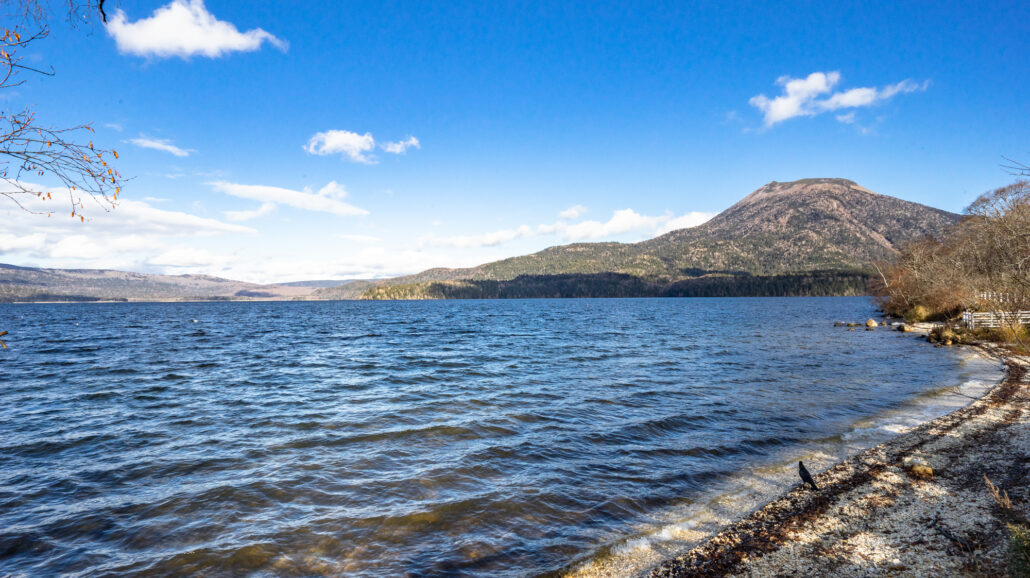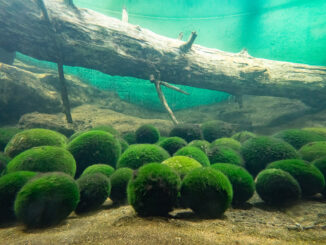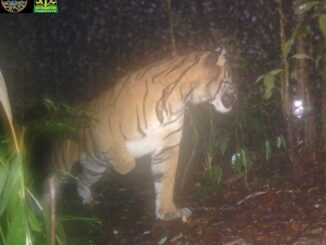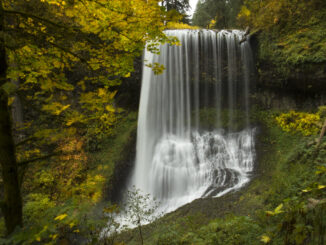
Japan’s famous marimo are in danger.
Marimo are a unique and rare plants found only in a handful of places on Earth. The near perfectly spherical green balls are a species of free-floating and rolling algae that forms in cold volcanic lakes in northern Japan and Iceland.
For several years now, scientists have feared that climate change is contributing to the marimo’s demise and that it may eventually lead to the plant’s extinction.

Marimo is a type of algae found in just a handful of lakes scattered across the world. Lake Akan in Hokkaido, Japan, is one of only four places on Earth where beautifully spherical marimo still occur naturally.
Marimo need cold water to form and thrive, taking several years to grow a few centimeters in diameter. In Japan, spherical marimo are only found in Lake Akan at Akan-Mashu National Park, Hokkaido. Scientists have confirmed that the lake’s water temperatures are rising.
“Marimo” in Japanese roughly translates to “ball moss” in English.
Now, a new study has confirmed that populations of marimo in Lake Akan have plummeted over the past 120 years, consistent with the Industrial Age and rising concentrations of greenhouse gases.
Analyzing DNA and fossil plankton, researchers with Tohoku University, Yokohama National University, Kobe University, Ehime University, and the Kushiro City World Natural Heritage Promotion Office said they’ve determined that marimo were much more abundant in the lake in per-industrial times compared to today.
“Analyses revealed that marimo were historically 10–100 times more abundant than they are today,” the research team said.
The findings were first published in the journal Environmental DNA.
They admit that some of the decline in marimo abundance can be attributed to development and deforestation in the vicinity of Lake Akan that occurred in the early 1900s.
However, the increase in lake temperatures has been tied directly to global warming.
Some years ago, Public Parks visited Lake Akan in Hokkaido and spoke with marimo researchers there. They confirmed that higher water temperatures in Lake Akan are leading to fewer and smaller marimo forming at the bottom of the lake.
Marimo the size of basketballs were once common in Lake Akan. Today, scientists are lucky to discover baseball-sized marimo gathering on the lake’s bottom.
The species can still survive in waters 30 degrees Celsius “but any warmer than that isn’t good” said Oyama Yoichi, a researcher and curator at the Marimo Research Laboratory at Lake Akan, Hokkaido.
Spherical marimo forms slowly. Researchers think they grow only about 1 centimeter per year and can take up to seven years to get as large as a baseball. Einarsson said their growth is limited by variable light intensity.
Pieces of the algae species A. linnaei come detached from rocks but still thrive in this free-floating condition, gradually clumping together. They then grow into near-perfect spheres due to the way wave action rotates them on a lake bottom, gradually exposing all sides to equal amounts of sunlight.
“In recent years, there have been signs of further decline in the marimo population,” the new study warns, citing a variety of impacts Lake Akan is experiencing due to rising temperatures.
“Given these threats, more attention and efforts should be paid to the conservation of the marimo population.”
An earlier study published in Scientific Reports showed that cumulative annual water temperatures recorded at Lake Akan rose from 1,250 degrees Celsius to around 1,600 degrees Celsius from the 1980s to the present.
That study recommended efforts to increase the flow of cold water into the lake “to preserve preferable conditions for colonies of giant marimo in the face of global warming.”
Park Info
Park Name:
Akan-Mashu National Park
Location:
Hokkaido, Japan
More information:



